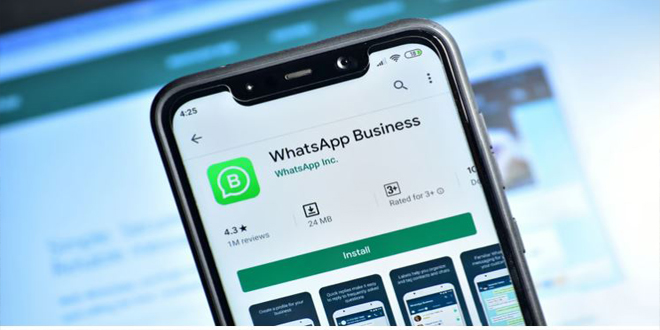It took some time, as regulatory issues had to be solved, but Meta’s WhatsApp business payments tool is finally live in Brazil. The company chose the country as a key testing space for the new venture.
The service, provided in partnership with payment processors including MercadoLibre’s Mercado Pago, Itau Unibanco’s Rede, and Cielo, will allow WhatsApp users to make purchases and pay directly through the app with credit and debit cards from Mastercard and Visa, Meta said in a statement.
The tool was rolled out on Tuesday to a small number of businesses and will be available more widely in the coming months.
“This seamless and secure checkout experience will be a game-changer for people and small businesses looking to buy and sell on WhatsApp without having to go to a website, open another app or pay in person,” the company said in a blog post on WhatsApp’s website.
The tool will initially be available for some merchants that use WhatsApp Business. Clients of WhatsApp’s API, which mainly serves large businesses, will be able to receive payments in the future, it added.
The company assured the public that payments are designed to be secure. According to Meta, card numbers are encrypted and securely stored, and people are required to create a Payment PIN and use it for each payment.
While Brazil is the first country to have the service launched for small businesses using the free version of WhatsApp Business, in India, WhatsApp’s largest market, users can make payments to businesses that use the application’s paid API.
The announcement comes after Brazil’s central bank approved the tool last month after nearly three years of regulatory scrutiny, as authorities feared the service could hit competition, efficiency, and data privacy issues.

WhatsApp users in Brazil have been able to make payments between themselves in a private capacity since 2021, so long as they were willing to exchange personal details as per normal usage of the app. And last year, Meta launched a commercial directory for WhatsApp in Brazil, allowing users to find companies with business messaging accounts.
When Mark Zuckerberg, Meta’s CEO, first disclosed plans to invest in WhatsApp’s business chat, the company had just announced it was letting around 11,000 of its employees go. In March, another 10,000 people lost their jobs too.
These remain the largest cuts in the tech sector to date. During a company-wide meeting late last year, Zuckerberg admitted that the firm had better chances to make more money by investing in the now-classic WhatsApp and Messenger applications and diversifying revenue streams.
 InfoSecBulletin Cybersecurity for mankind
InfoSecBulletin Cybersecurity for mankind














